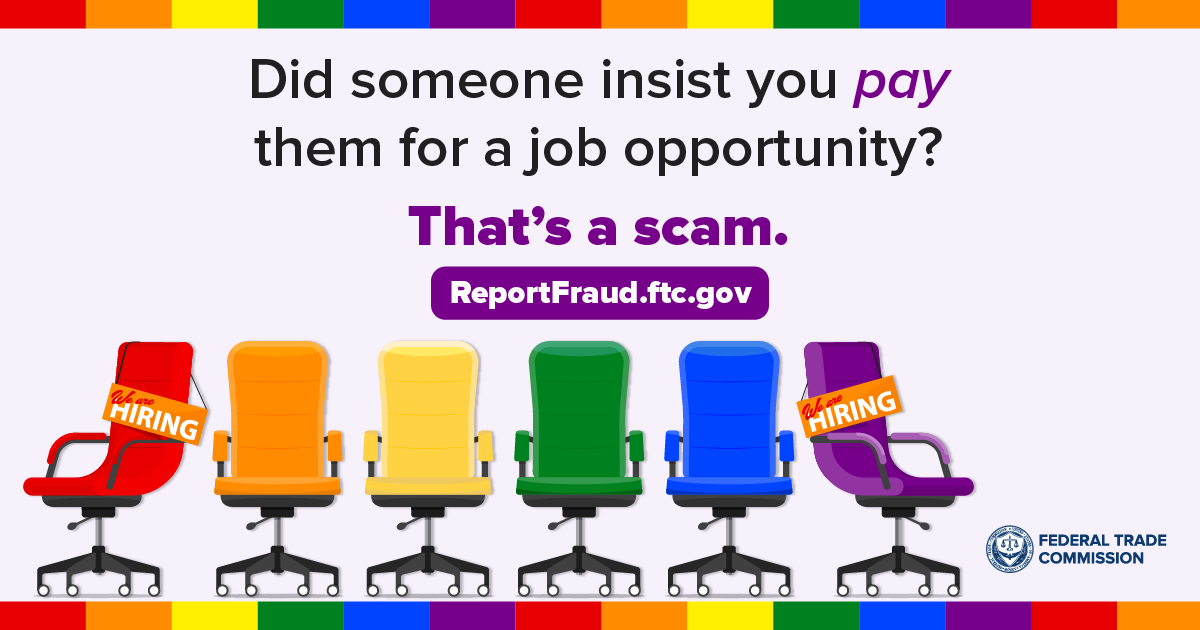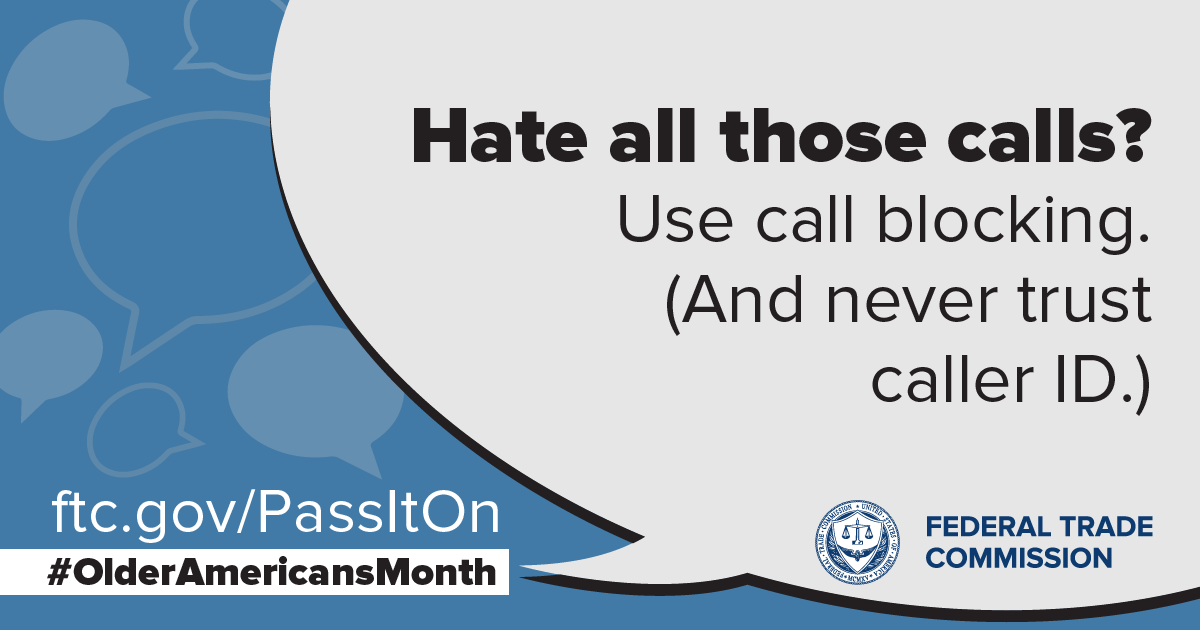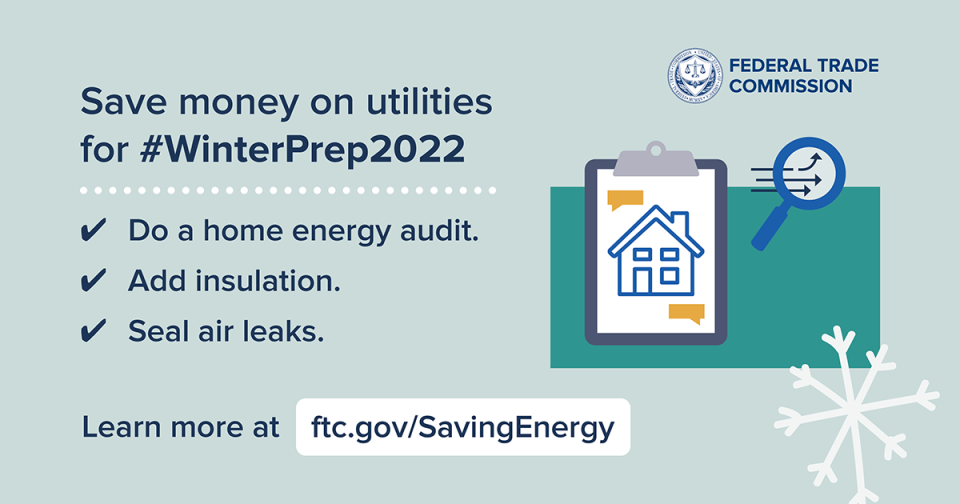|
Providing accurate and timely information about what matters in Franklin, MA since 2007. * Working in collaboration with Franklin TV and Radio (wfpr.fm) since October 2019 *
Sunday, July 13, 2025
New job? How to spot boss imposter scams
Sunday, January 19, 2025
Got a text about unpaid tolls? It’s probably a scam
| MassDOT sent a specific alert to EasyDrive users earlier this week https://www.franklinmatters.org/2025/01/massdot-alerts-customers-of-smishing.html
|
Tuesday, December 31, 2024
Stay ahead of scammers in 2025
|
 |
| Stay ahead of scammers in 2025 |
Sunday, September 17, 2023
Looking for a remote job for a cause you care about? Here’s how to know if it’s a scam
"If you’re looking for a remote job, you might be interested in companies that support a cause. But scammers know that and use your interest to draw you in. If, for example, you’re an LGBTQ+ person or ally, a job that says you can “help LGBTQ+ people in need from the comfort of your own home” might sound great. But what happens if you take that next step?Based on reports to the FTC, that LGBTQ+ non-profit looking to “hire fast” could be using common interest to build trust with you. If you’re invested in their cause, they hope you’ll be more willing to give personal information before they’ve told you anything about the job. Or you’ll be willing to deposit that check they sent you for “equipment costs” — and send some of the money on to someone else, or back to them. (These are both big signs of a scam.)"
Continue reading about this scam alert from the FTC -> https://consumer.ftc.gov/consumer-alerts/2023/09/looking-remote-job-cause-you-care-about-heres-how-know-if-its-scam
 |
| Looking for a remote job for a cause you care about? Here’s how to know if it’s a scam |
Tuesday, October 11, 2022
How to save money on utilities this winter and avoid scams
|
Thursday, May 13, 2021
FTC Consumer Alert: Unwanted calls: Just block ’em and report ’em
|
 |
| FTS Consumer Alert: Unwanted calls: Just block ’em and report ’em |
Monday, March 29, 2021
Phone scams keep calling
"A Globe colleague recently got two unsettling calls on his mobile phone from the same “888″ number.He received the first call a couple of weeks ago from someone who said he was from Eversource (spoiler alert: he wasn’t) and that the electricity to his house would be turned off in “40 to 45 minutes” because his account was overdue.“Are you really from Eversource?” my colleague asked, more a statement than a question.The caller quickly hung up."
 |
| A person uses a credit card for a phone purchase.ADOBE STOCK |
Thursday, January 14, 2021
FTC Consumer Alert: Target for new COVID scam: Small business owners
|
Tuesday, December 22, 2020
FTC Consumer Alert: New tools to fight gift card scams
|
Friday, December 4, 2020
National Tax Security Awareness Week, Day 4: Security Summit urges businesses to tighten security, offers new protections against identity theft
The partners, operating cooperatively as the Security Summit (https://www.irs.gov/newsroom/security-summit) to fight identity theft, marked the fourth day of National Tax Security Awareness Week with a warning to businesses to enact the strongest measures possible to protect their data and systems. The IRS also is planning additional steps to help businesses combat cybercriminals trying to steal their data.
“As the IRS and our partners have strengthened our security standards, identity thieves have looked for new ways to find sources of information, and businesses need to stay alert,” said IRS Commissioner Charles Rettig. “Businesses, just like individuals, can be victims of identity theft. Thieves may steal enough information to file a business tax return for refund or use other scams using the company’s identity.”
More than 70% of cyberattacks are aimed at businesses with 100 or fewer employees. Thieves may be targeting credit card information, the business identity information or employee identity information.
Business are encouraged to follow best practices from the Federal Trade Commission include:
- Set your security software to update automatically
- Back up important files
- Require strong passwords for all devices
- Encrypt devices
- Use multi-factor authentication
More information is available at FTC’s Cybersecurity for Small Businesses (https://www.ftc.gov/tips-advice/business-center/small-businesses/cybersecurity).
Businesses should especially be alert to any COVID-19 or tax-related phishing email scams that attempt to trick employees into opening embedded links or attachments. IRS related scams may be sent to phishing@irs.gov.
Starting Dec. 13, 2020, the IRS will begin masking sensitive information from business tax transcripts, the summary of corporate tax returns, to help prevent thieves from obtaining identifiable information that would allow them to file fake business tax returns.
Only financial entries will be fully visible. All other information will have varying masking rules. For example, only the first four letters of each first and last name – of individuals and businesses – will display. Only the last four digits of the Employer Identification Number will be visible.
The IRS also has publicly launched the Form 14039-B, Business Identity Theft Affidavit (https://www.irs.gov/pub/irs-pdf/f14039b.pdf), that will allow companies to proactively report possible identity theft to the IRS when, for example, the e-filed tax return is rejected.
Businesses should file the Form 14039-B if it receives a:
- Rejection notice for an electronically filed return because a return already is on file for that same period.
- Notice about a tax return that the entity didn't file.
- Notice about Forms W-2 filed with the Social Security Administration that the entity didn't file.
- Notice of a balance due that is not owed.
This form will enable the IRS to respond to the business much faster than in the past and work to resolve issues created by a fraudulent tax return. Businesses should not use the form if they experience a data breach but see no tax-related impact. For more information, see Identity Theft Central’s Business section (https://www.irs.gov/identity-theft-central).
Although the tax scams can come and go, all employers should remain alert to Form W-2 theft schemes. In the most common version, a thief poses as a high-ranking company executive who emails payroll employees and asks for a list of employees and their W-2s. Businesses often don’t know they’ve been scammed until a fraudulent return shows up in employees’ names.
There is a special reporting procedure for employers who experience the W-2 scam. It also may be found at Identity Theft Central’s Business section (https://www.irs.gov/identity-theft-central).
Finally, Security Summit partners urge businesses to keep their EIN application information current. Changes of address or responsible party may be reported using Form 8822-B (https://www.irs.gov/forms-pubs/about-form-8822-b).
The IRS, state tax agencies, the private sector tax industry, including tax professionals, work in partnership as the Security Summit to help protect taxpayers from identity theft and refund fraud. This is the third in a week-long series of tips to raise awareness about identity theft. See IRS.gov/securitysummit for more details.
Tuesday, December 1, 2020
FTC Consumer Alert: Giving wisely in the time of COVID
|
Friday, November 27, 2020
MA Consumer Affairs: "Fraud Alert: Unemployment Benefits & ID Theft"
"Driven by the economic downturn brought on by pandemic related restrictions, unemployment across the U.S. is at a historic high. While national and local averages slowly decline across the country, unemployment fraud is on the rise.
For many the unemployment benefit is a lifeline. Unfortunately, for some bad actors it is an opportunity. According to the Federal Trade Commission (FTC) and the Federal Bureau of Investigation (FBI), unemployment fraud is up significantly and there is suspicion that the culprits are based overseas. Officials say the fraud is affecting tens of thousands of Americans, slowing the delivery of benefits to those in need, and costing states hundreds of millions of dollars.
Whether you have lost your job, or not, you could be a victim of identity theft related to this unemployment scam. Authorities report that criminals are filing for unemployment benefits online using stolen information of people who have not lost their jobs. Stolen identities can be bought online, or obtained from data breaches, email phishing schemes, or from physical theft. Fraudsters also exploit public websites and social media accounts. Many victims are unaware of the identity theft unless they are notified by a state agency, the IRS, or their employer that a claim has been filed in their name."
Continue reading the article online http://blog.mass.gov/consumer/massconsumer/fraud-alert-unemployment-benefits-id-theft/
The Federal Trade Commission has a similar article https://www.ftc.gov/news-events/blogs/business-blog/2020/06/unemployment-benefits-fraud-puts-workers-risk-more-id-theft
Tuesday, November 24, 2020
FTC Consumer Alert: Holiday shopping season 2020
|
Tuesday, September 15, 2020
FTC Consumer Alert: If you have federal student loans, read this
|
Saturday, September 5, 2020
FTC Consumer Alert: How can you spot a tech support scam
|
Tuesday, August 11, 2020
FTC Consumer Alert: A real or fake savings club?
|
Thursday, July 16, 2020
FTC Alert: Utility company calling? Don’t fall for it.
|
Sunday, June 7, 2020
FTC Consumer Alert: Donating in difficult times
|
Tuesday, April 28, 2020
FTC Consumer Alert: Don’t click links in unsolicited text messages
|
Friday, April 17, 2020
FTC Consumer Alert: Isoprex misleads seniors
|



